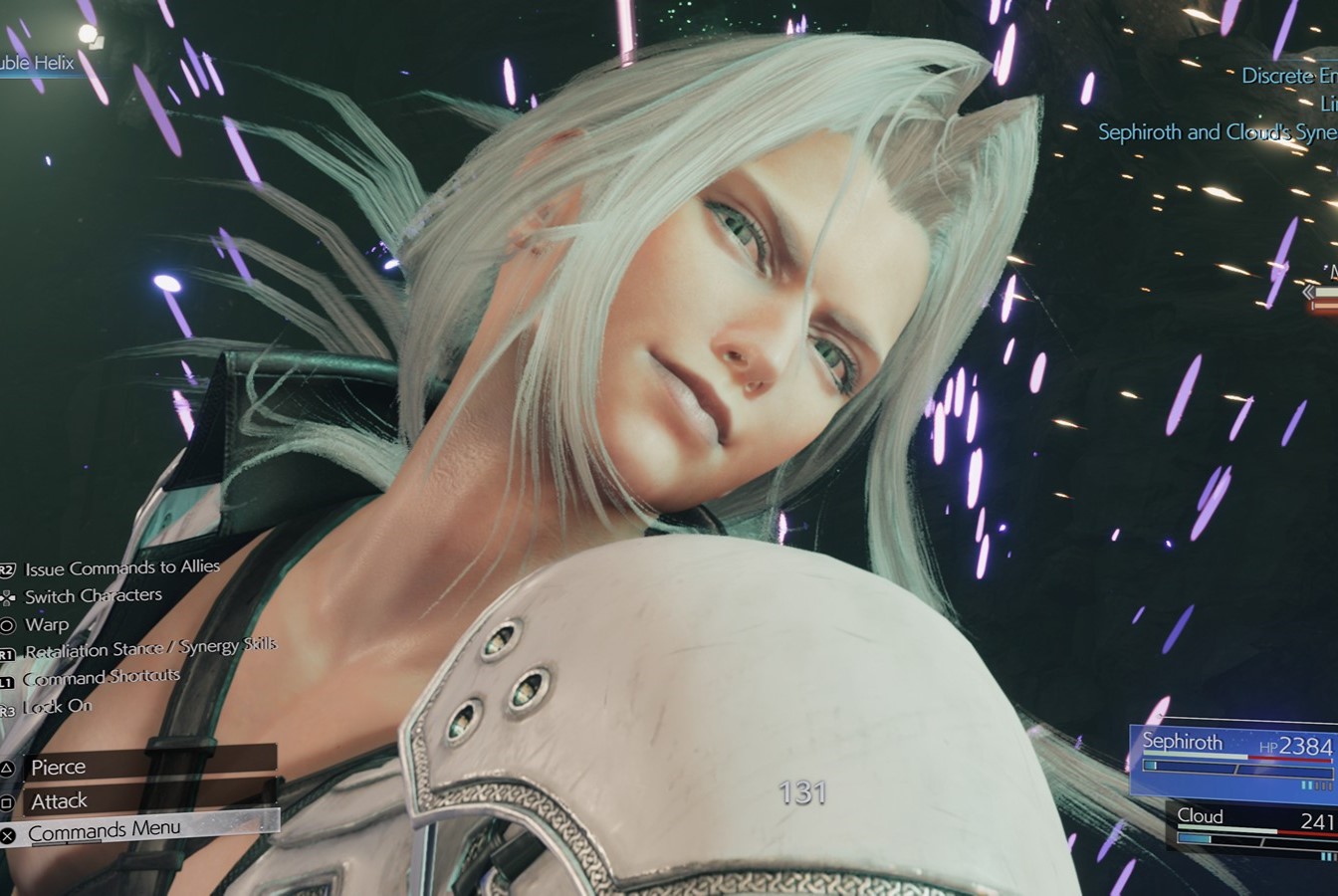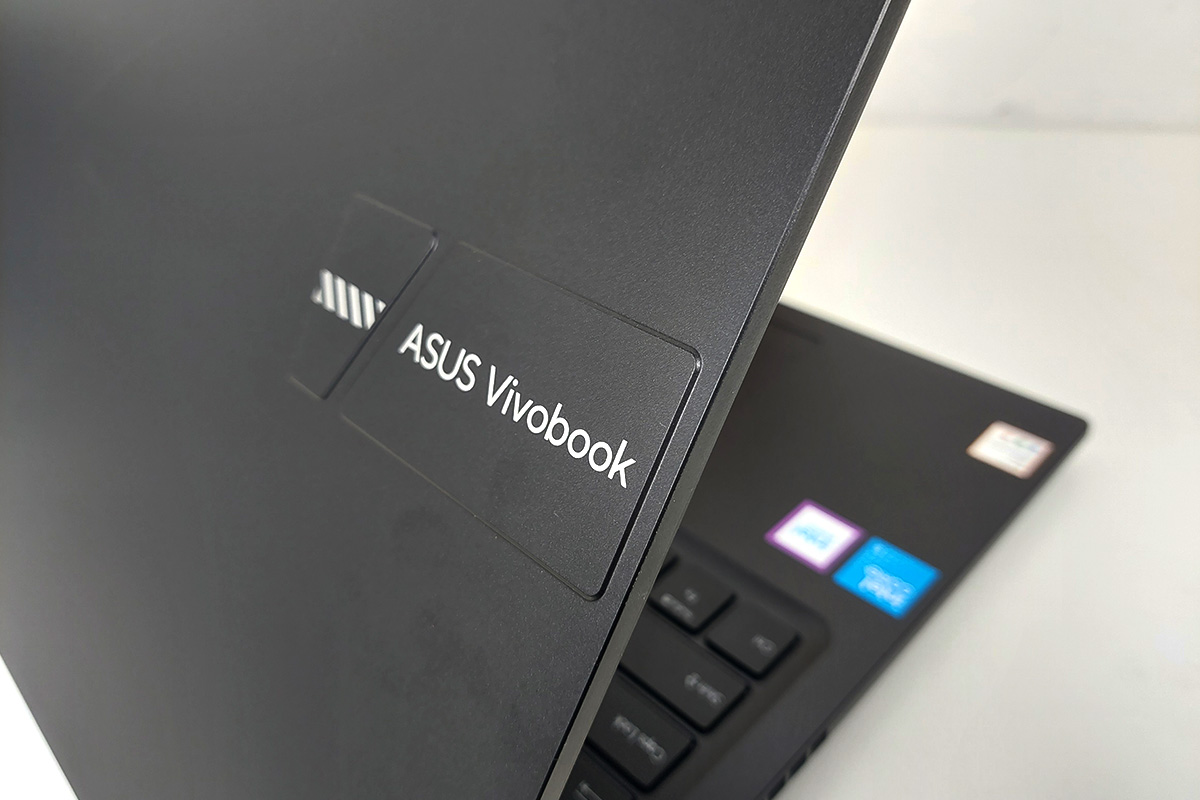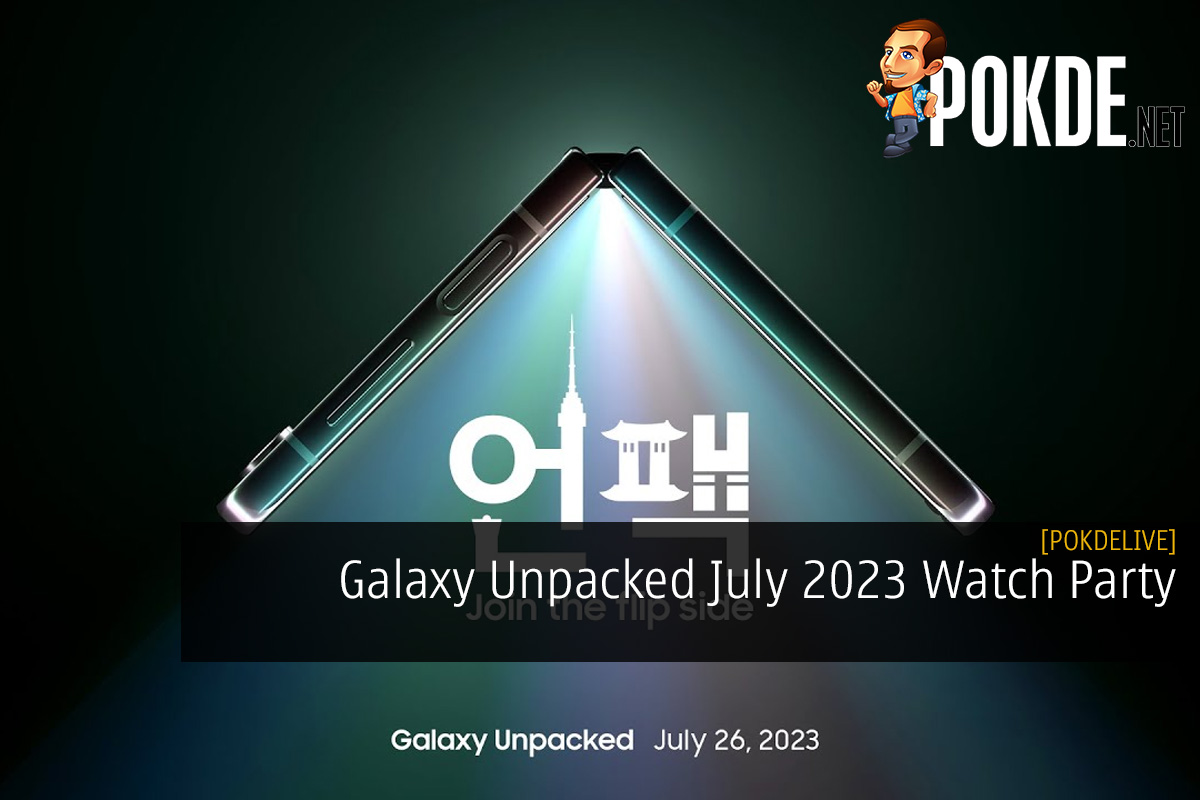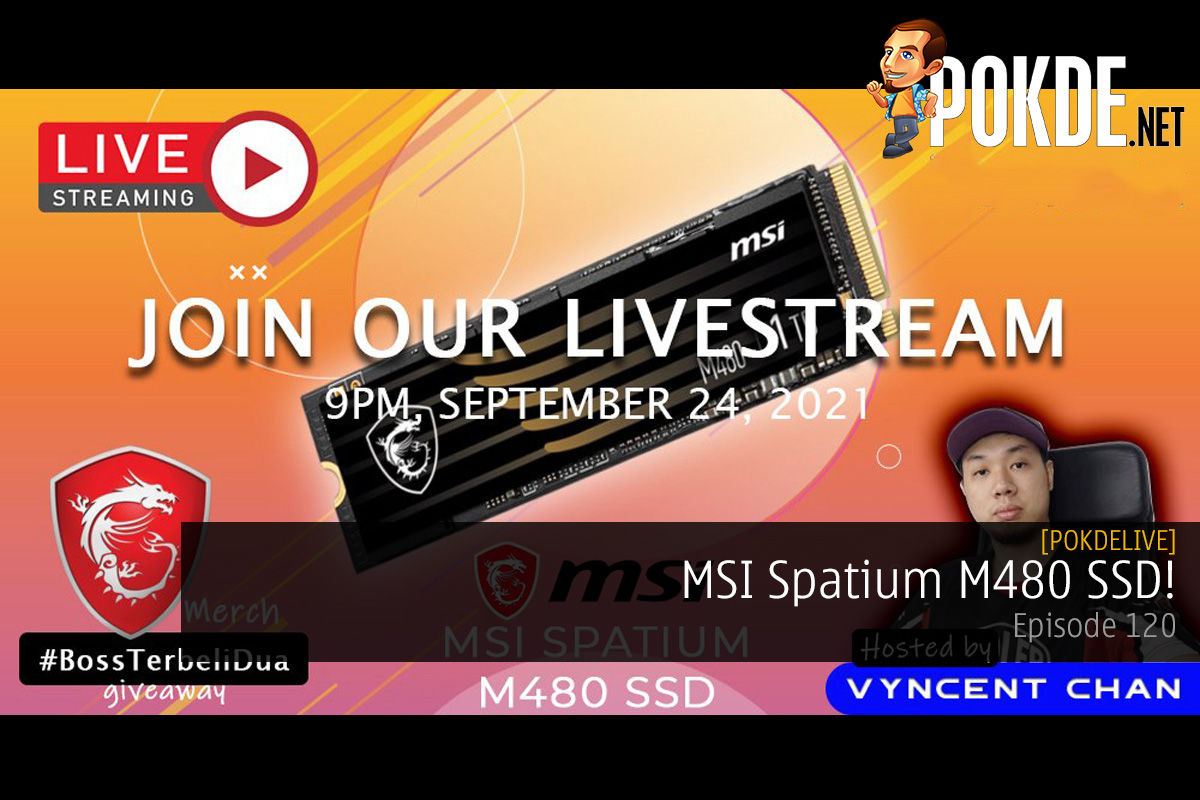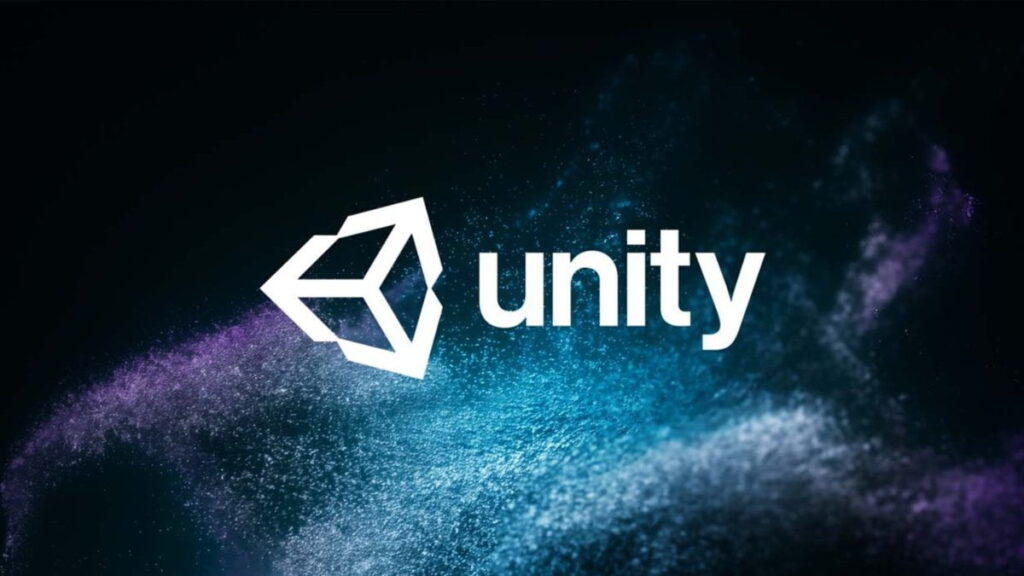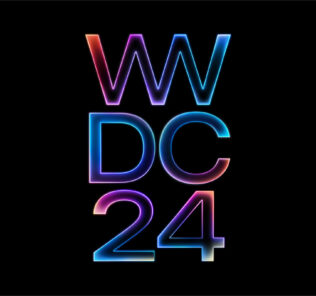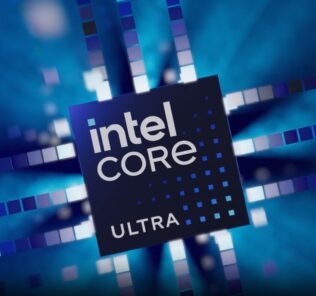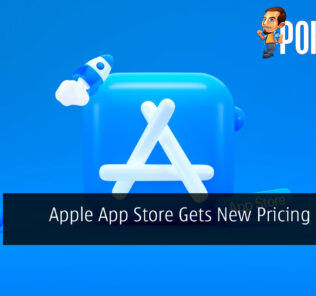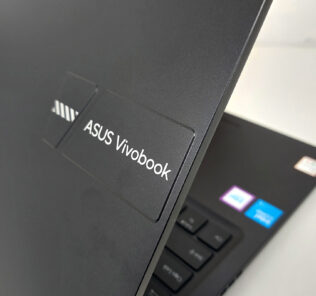Unity Announces Revisions to Controversial Runtime Fee Policy: What Developers Need to Know
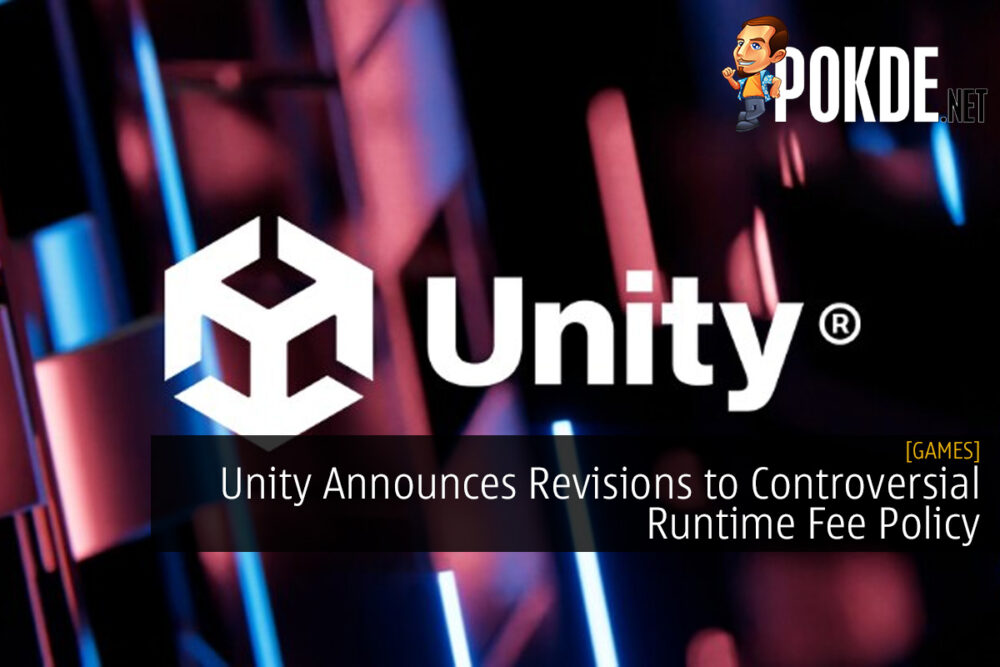
Unity, a prominent name in the game development industry, has recently revealed significant changes to its controversial Runtime Fee policy. Originally designed to charge developers on a per-install basis, this policy sparked discussions and concerns within the developer community. In a blog post, Marc Whitten, President of Unity Create, outlined the revisions, aiming to address these concerns and create a more balanced approach to fees.
Unity Key Policy Changes
- Removal of Runtime Fee for Unity Personal License Users: One of the most notable changes is the elimination of the Runtime Fee for games developed under a Unity Personal license. This move aims to alleviate financial burdens for small-scale developers using Unity’s Personal license.
- Adjusted Threshold for Unity Personal Accounts: Unity is raising the revenue threshold for Unity Personal accounts. Previously, developers with less than $100,000 in revenue or funds raised in the previous year were eligible for Unity Personal. This threshold has now been increased to $200,000.
- Removal of “Made With Unity” Splash Screen: Unity Personal developers will no longer be required to feature the “Made With Unity” splash screen on their creations, offering more freedom in presenting their work.
- Options for Unity Pro and Unity Enterprise Developers: Unity Pro and Unity Enterprise developers now have a choice between paying the Runtime Fee or opting for a 2.5% revenue share with Unity. This revenue share will be based on a developer’s self-reported revenues. Unity will bill the lesser amount if the revenue share proves more economical than the Runtime Fee, considering the developer’s self-reported new users.
- Non-Retroactive Runtime Fee: The Runtime Fee will not apply retroactively. It will only affect developers who release games using Unity versions that are launched in 2024 or later. Games released with the current version of the engine or earlier will be exempt from the fee.
Unity’s Commitment to Developers
In light of these changes, Marc Whitten expressed Unity’s commitment to supporting developers and the gaming community. He acknowledged that Unity should have engaged with more developers and incorporated their feedback before introducing the Runtime Fee initially. Unity’s goal with these policy revisions is to maintain support for developers and continue investing in their game engine.
Whitten further emphasized that the introduction of the Runtime Fee aimed to establish a sustainable business model for Unity. The company seeks a fair and mutually beneficial value exchange with developers, especially as they achieve success in their ventures.
Pokdepinion: While it’s good that they finally acknowledged how the industry as a whole feels, especially the community, the damage is already done. It’s going to take a while for them to mend relationships, especially with a number of developers already moving on from them, and there’s still the issue of trust. To be precise, whether developers / publishers can trust them not to pull a similar stunt again in the future.



















